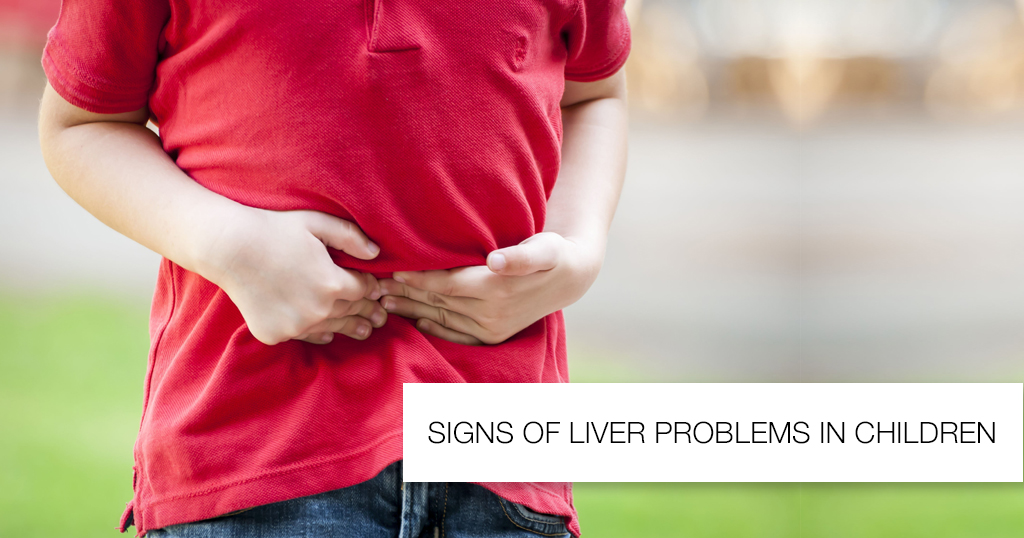The liver is the most important organ in our body that is responsible for helping our body digest food and dispose off toxic substances. When the liver gets damaged severely, it can cause acute (or chronic) liver disease or liver failure. Both acute (or chronic) liver disease or liver failure are life-threatening conditions.
To understand if a child is suffering from any liver condition, some signs and symptoms need to be checked.
Signs of chronic liver disease
Children often show some signs with ongoing (chronic) liver disease. These signs are sometimes not acute and need to be meticulously checked during the child’s visits to a regular healthcare provider or clinic. The signs may include:
- Itchy skin: Itchy skin can be the result of a buildup of bile (a fluid secreted by the liver which aids digestion) in the child’s body.
- Easy bleeding and bruising: A child may bleed and bruise easily due to lack of vitamin K or, if the liver is not able to use vitamin K it has.
- Pale stools: Also called acholic stools, they can be a sign that the liver is not releasing or making bilirubin, which typically colours the stools. It can also be due to liver inflammation or liver infection.
- Loss of appetite: Liver disease can lead to loss of appetite, which in turn, may lead to the body not getting enough nutrients needed by the child (malnutrition).
- Bone fractures: Bone fractures may occur more easily in a child with liver disease. Liver disease can cause decreased bone density (thickness of bones). If a child breaks a bone easily, he or she needs medical care immediately.
Children with chronic liver disease, can also have symptoms of malnutrition. This may happen because the liver is not processing nutrients. Children with malnutrition may suffer from:
- Weight loss or poor growth as the liver does not help the child’s body to use fat normally
- Rickets: A disease that causes low bone density or not enough bone tissue. Signs of rickets in newborns include weakness and in older children, it may be bowlegs or ribs that feel very bumpy where they meet sternum or the breastbone.
When to call the healthcare provider?
Get your child to a hospital (healthcare provider) if he or she has any of the following:
- Jaundice: Jaundice is a yellowish discolouration of the skin, whites of the eyes with light-coloured stools and dark urine caused by high levels of bilirubin (a yellowish pigment found in the bile, a fluid made by the liver).
- Abdominal pain: Abdominal pain be a sign of liver inflammation or liver infection.
- Swelling in the abdomen: The swelling can be due to an enlarged liver or spleen. Swelling in the abdomen can also occur due to ascites (fluid in the abdomen). Cause for this can be an infection or high pressure in the blood vessels that feed the liver.
Also Read : Liver Function Test Normal Range
When to rush to the hospital immediately
A child has to be taken to the hospital’s emergency room right away if he or she has any of the following:
- Vomiting blood: This can mean bleeding in the upper GI (Gastrointestinal) tract.
- Changes in mental status: This can include delirium, confusion, extreme sleepiness and coma. This change owes to a buildup of toxins which would typically be processed by the liver. This is a sign that the liver is not working exactly the way it is supposed to.
- Bloody stool: This can again mean bleeding in the GI tract. Blood in the stool may be bright red, dark red or black and tarry.


















